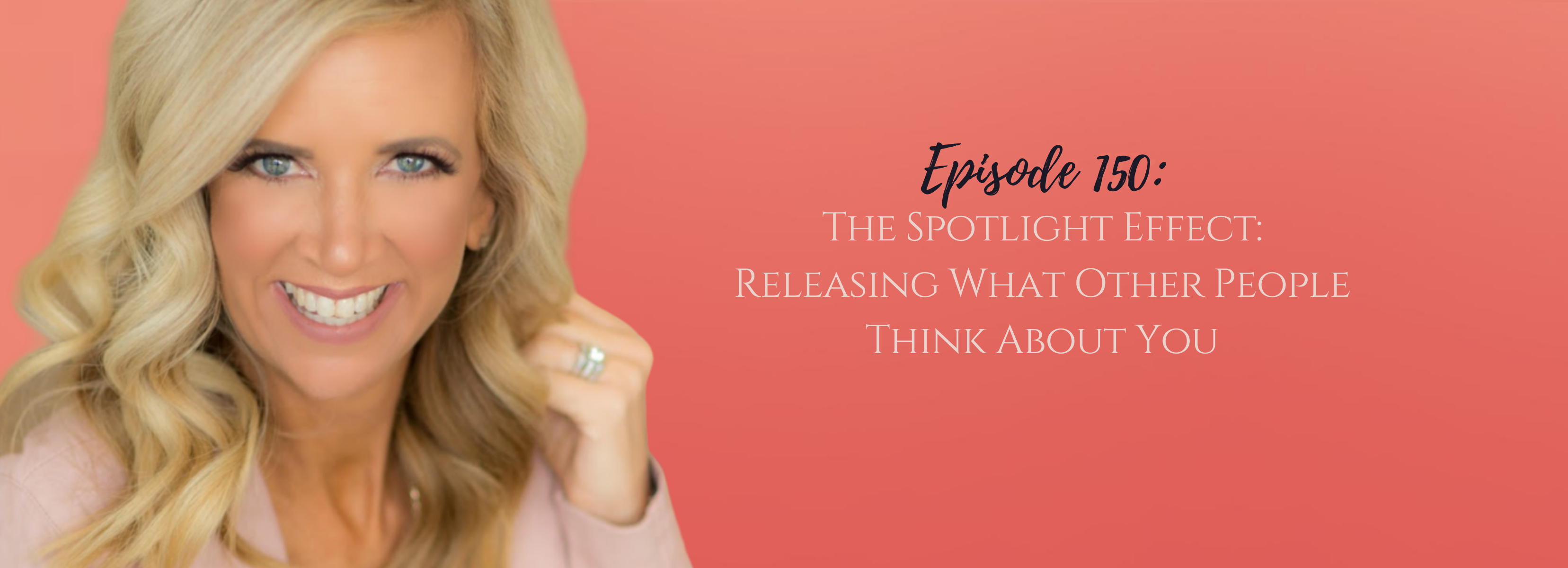
The Spotlight Effect: Releasing What Other People Think About You|3.22.2022
In this episode, Kristen talks about the spotlight effect, how it impacts your anxiety, and ways to work through it.
You'll Learn
Resources
For counseling services near Indianapolis, IN, visit www.pathwaystohealingcounseling.com.
Subscribe and Get a free 5-day journal at www.kristendboice.com/freeresources to begin closing the chapter on what doesn’t serve you and open the door to the real you.
This information is being provided to you for educational and informational purposes only. It is being provided to you to educate you about ideas on stress management and as a self-help tool for your own use. It is not psychotherapy/counseling in any form.
[fusebox_transcript]